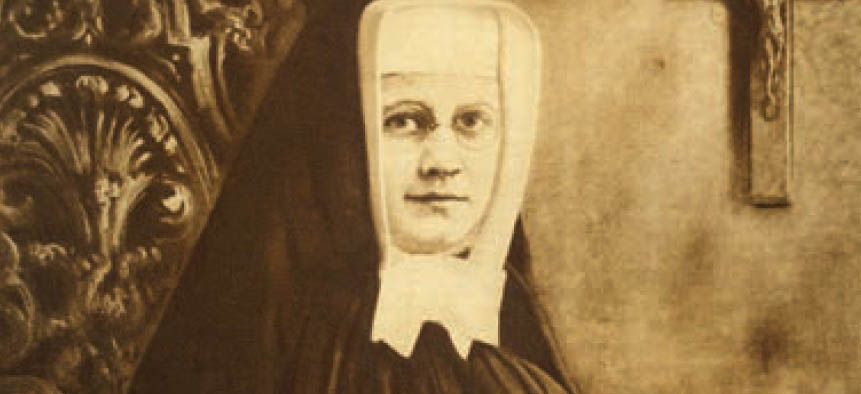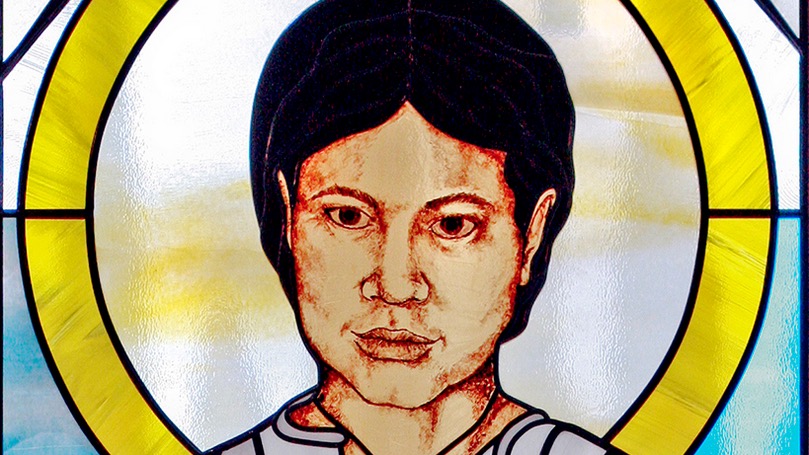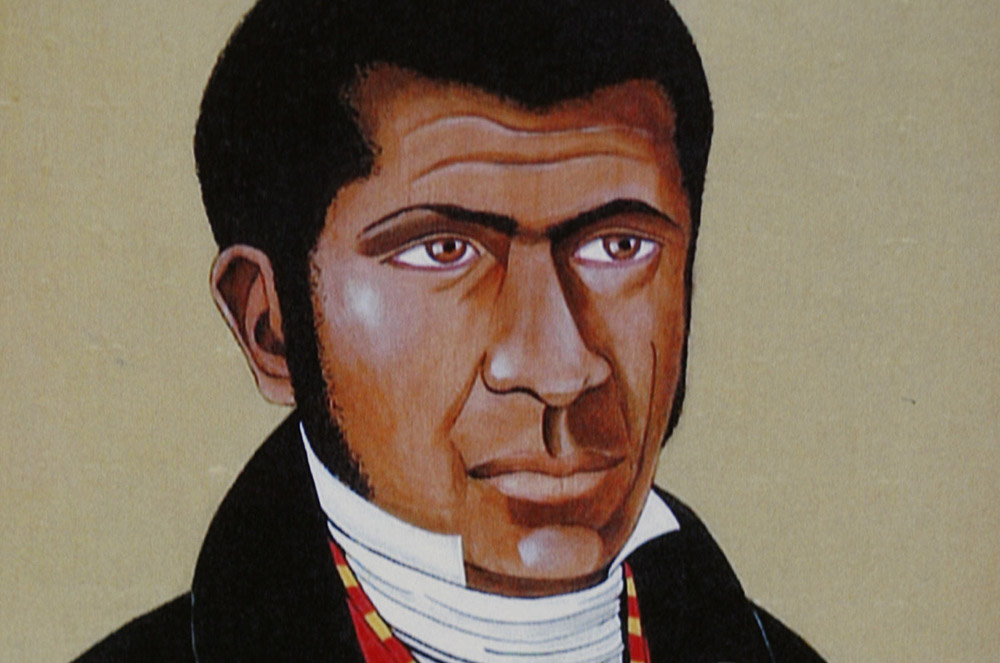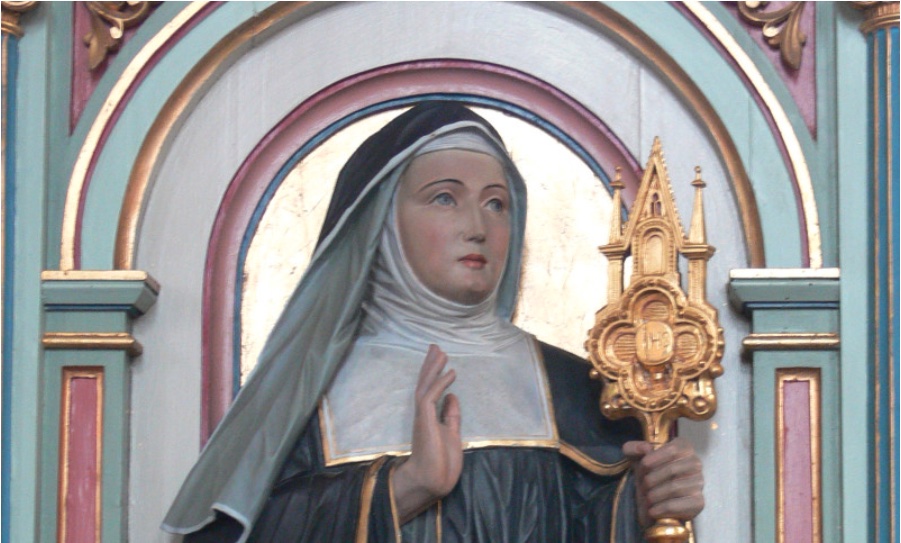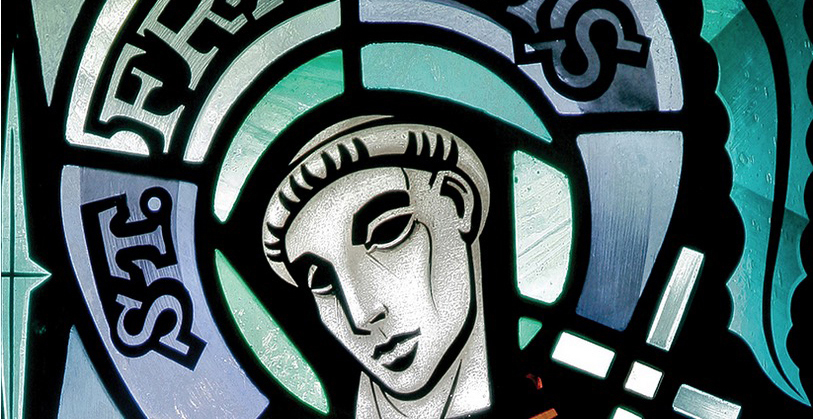Blessed Miriam Teresa Demjanovich’s (1901-1927) path to holiness is quite different from that of many other American saints. Though hers was not proven in evangelizing in a foreign land or founding a religious order, she was not immune to struggles. Demjanovich, like all saints, lived a heroically virtuous life as a shining example of everyday holiness and spiritual depth.
The youngest child of Slovak immigrants, Demjanovich was born in Bayonne, New Jersey, in 1901. Although baptized in the Byzantine Ruthenian Rite, she practiced the Faith in a Roman Catholic parish for most of her life. Demjanovich joyously embraced life as a child and was interested in a variety of activities. She applied herself to her studies wholeheartedly and was at the top of her high school graduating class. Demjanovich then devoted herself with undying love to care for her sickly mother. After her mother’s death, Demjanovich enrolled in the College of St. Elizabeth in Convent Station, New Jersey, where her reputation of holiness became well known. On her desk always could be found two books: the Bible and the journal of St. Thérèse of Lisieux. Demjanovich’s spirituality would cause her later to be identified by many as an “American Thérèse.”
In college, Demjanovich developed strong bonds with friends with whom she enjoyed simple, everyday things including shopping, seeing shows and visiting museums. During these years, Demjanovich’s deep spirituality became very clear. Once out of college, she taught high school English for a few years, while caring for her father until his death. Freed from all earthly obligations, she decided to enter religious life. She entered the Sisters of Charity of St. Elizabeth — who operated her college — in 1925.
Her time in the convent was short. After entering, Demjanovich taught for a while in the convent school. Her spiritual mastery was well-known, and within a year of joining the convent, her spiritual director asked her to write a series of spiritual reflections about growth in holiness. These writings offer an incredible glance into her soul, and they earned acclaim quickly after their posthumous publication under the title “Greater Perfection.” The young nun neatly explains the universal call to holiness therein: “Union with God, then, is the spiritual height God calls everyone to achieve … The imitation of Christ in the lives of saints is always possible and compatible with every state of life. The saints did but one thing — the will of God. But they did it with all their might.”
The practical, everyday circumstances of Demjanovich’s holy life offer an example for everyone. When faced with difficulties experienced by so many others — family struggles, poor health, personal problems — Demjanovich responded with a wholehearted “yes” to God’s will. Demjanovich’s desire for holiness is seen time and again in her short life, and her last days were a testament to a life totally dedicated to God’s will. Sickly since her youth, Demjanovich suffered from headaches and poor eye health. In 1926, she was found to be suffering from heart ailments and appendicitis. Complications from an operation caused Demjanovich’s death two days later.
Before her death on May 8, 1927, Demjanovich was able to profess final vows with special permission. Originally buried in her convent’s cemetery, her remains were exhumed in 1979 and
reinterred in the crypt of her order’s chapel in Convent Station, New Jersey. Her saintly life and life-long desire for spiritual perfection have since inspired many throughout the world. After approving a miracle attributed to Demjanovich’s intercession, Pope Francis approved her beatification in 2013. The next year, she was the first person to be beatified in the United States.
Her feast day is May 8.
Michael R. Heinlein is editor of Simply Catholic.

